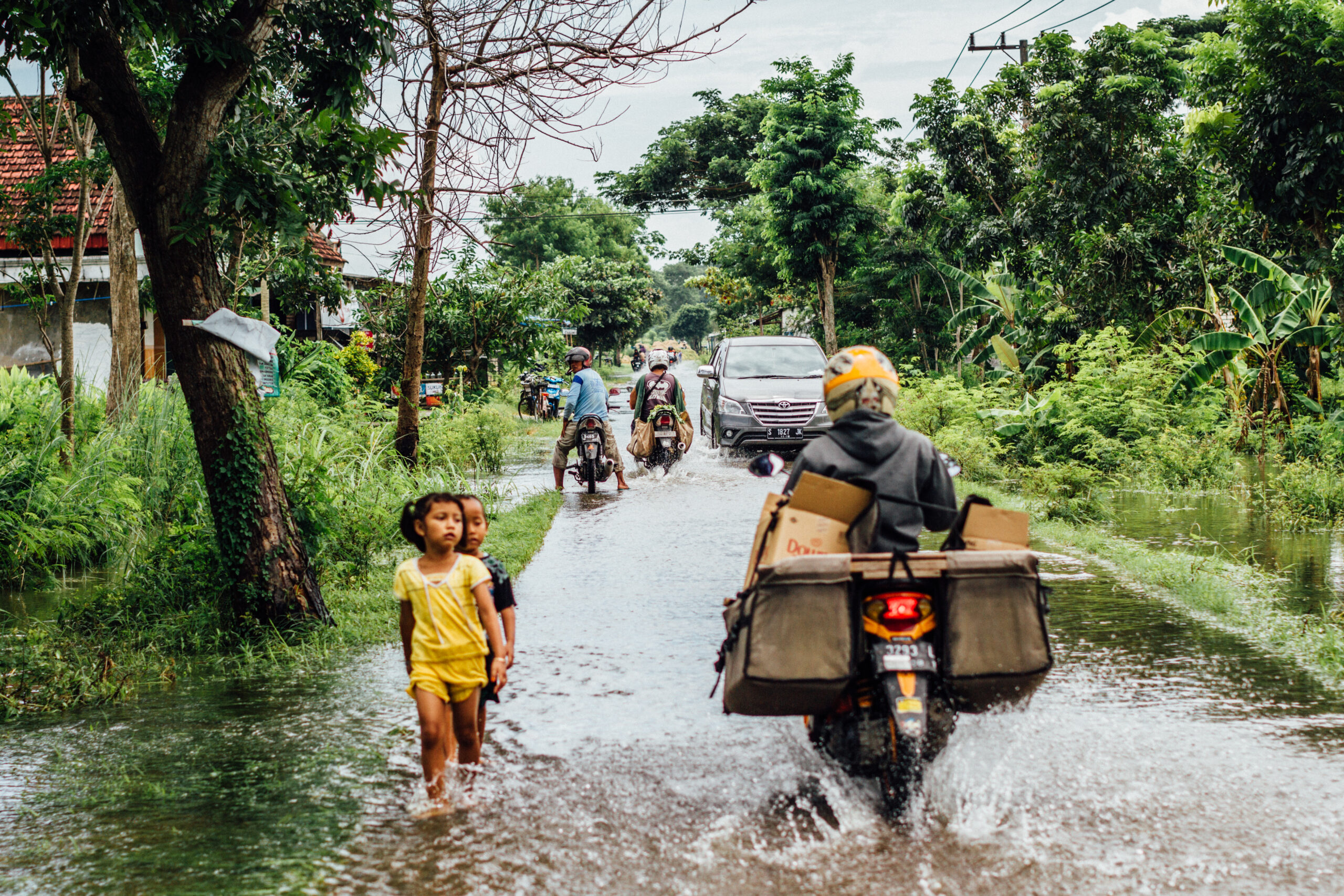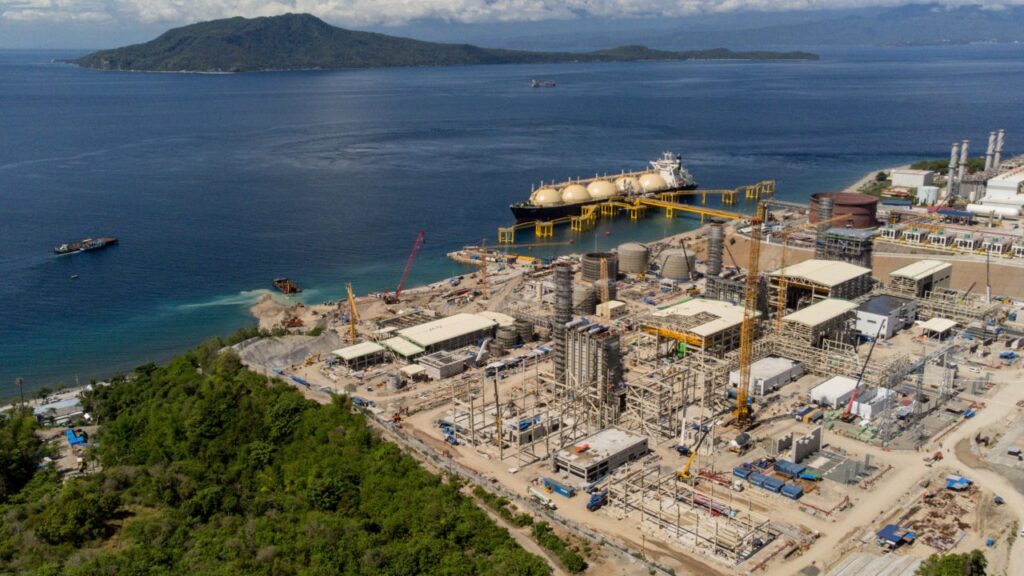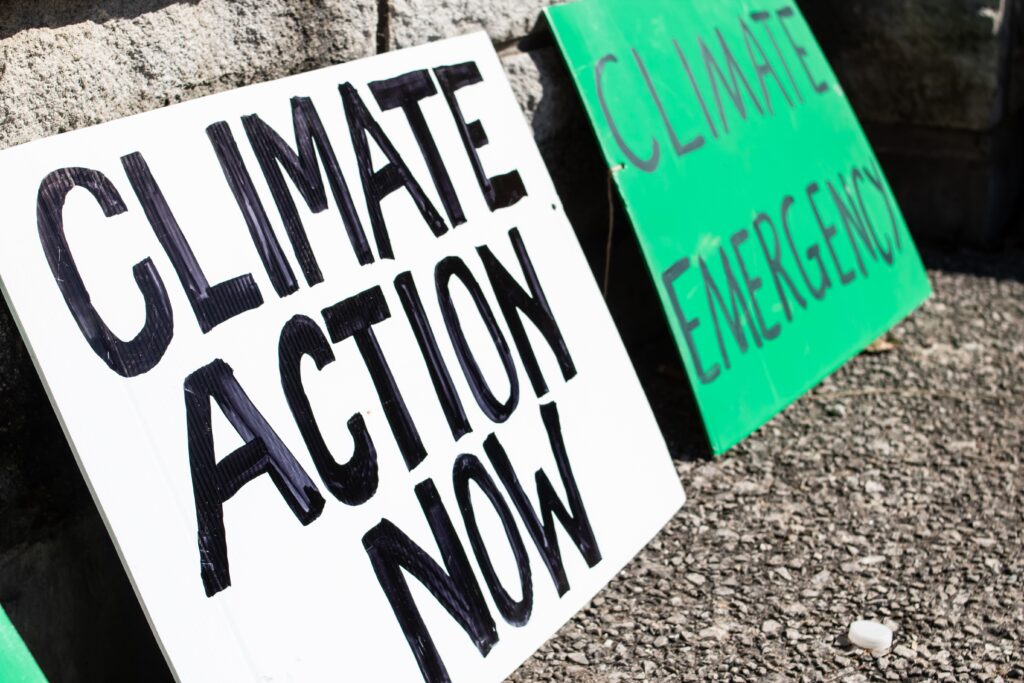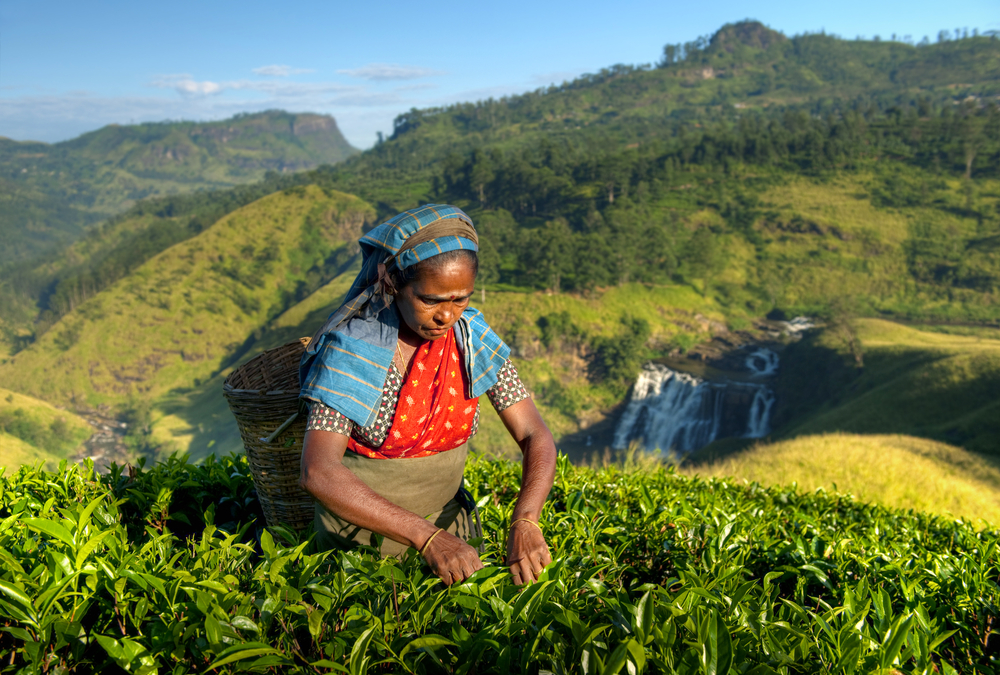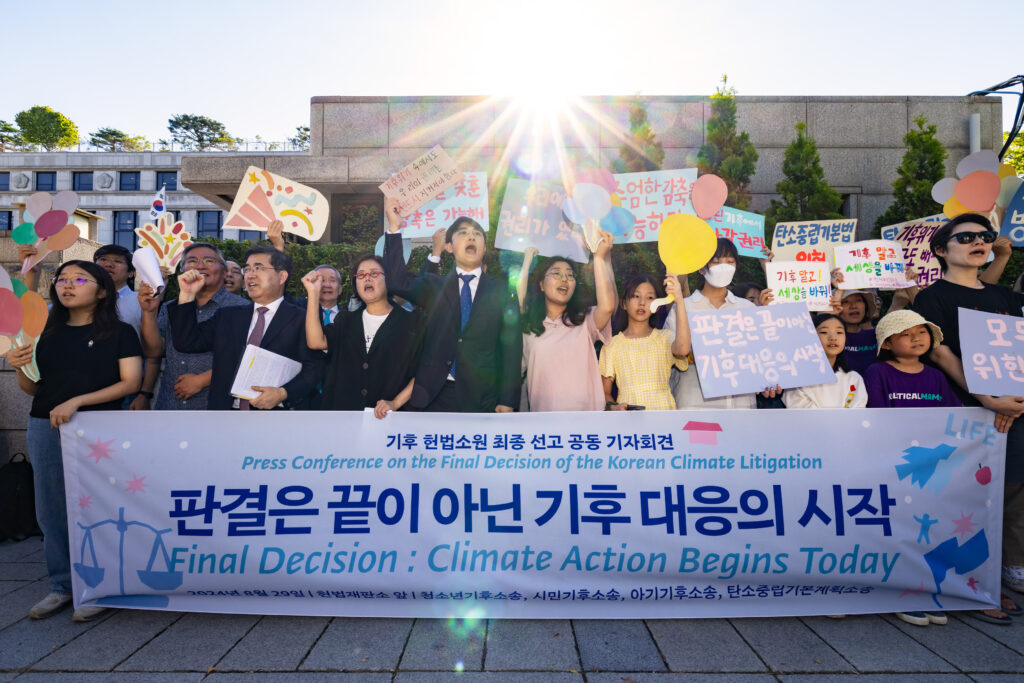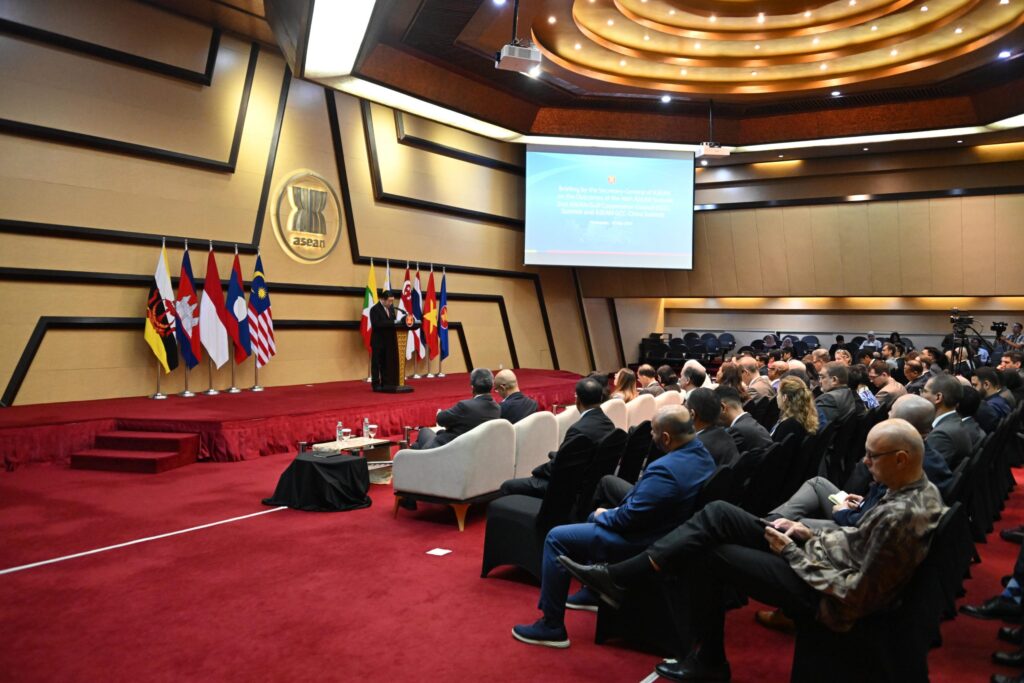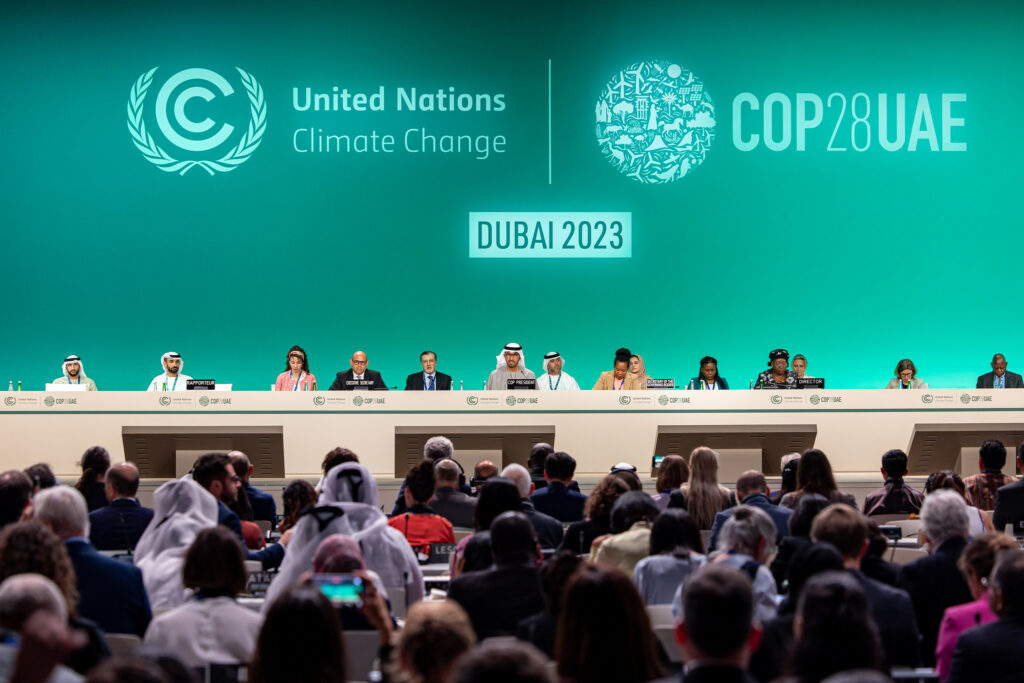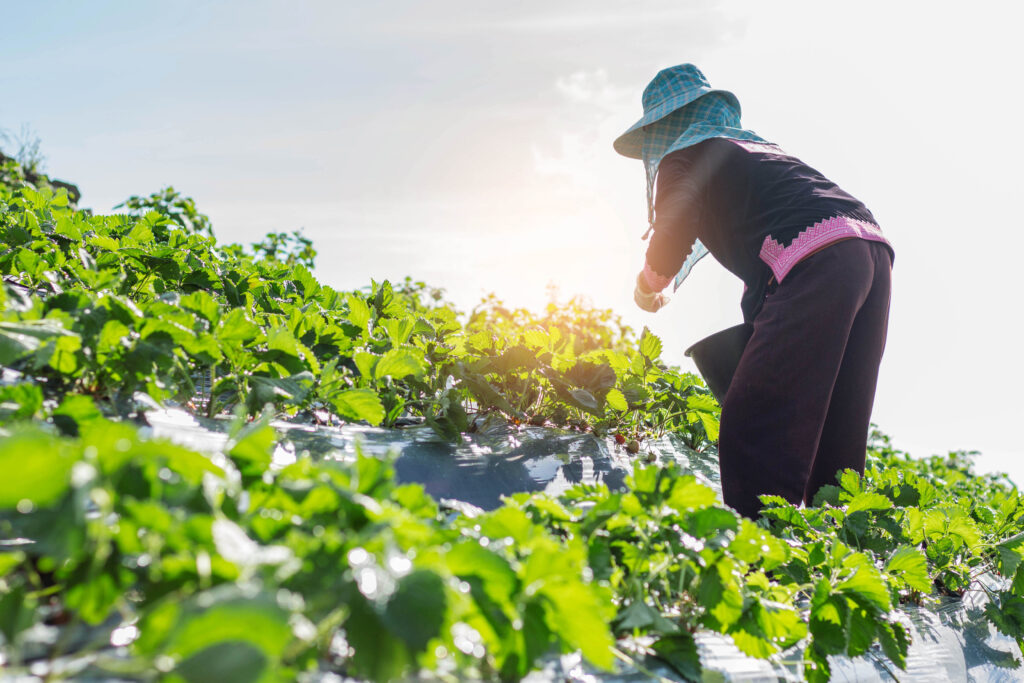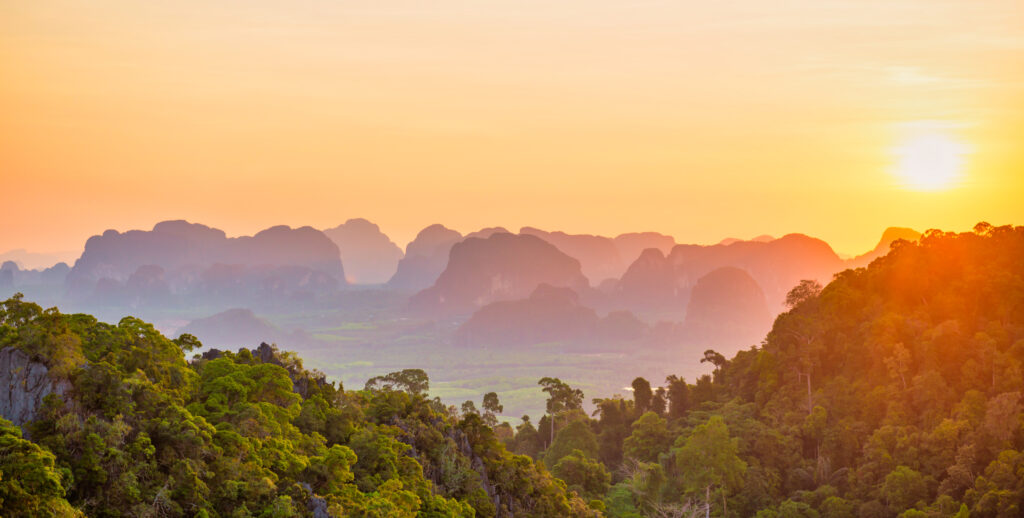The 2024 Indonesian general election was the world’s biggest single-day election to date, with more than 200 million people eligible to vote in the February 14 election. Early polls suggest that former army general Prabowo Subianto is poised to lead the incoming government of Southeast Asia’s largest economy from October.
Since the fall of its authoritarian regime in 1998, Indonesia has emerged as a democratic nation. However, the country of more than 18,000 islands is highly vulnerable to climate impacts — and climate change is a leading issue for its citizens. A 2023 survey showed that 81% of Indonesians say the government should declare a climate emergency.
While all 2024 presidential candidates promised they would tackle climate change and reduce emissions, their policies lack the ambition to address the vast scale of the growing crisis. “No one is giving a clear and concrete outline on how to address the environmental issues Indonesia is currently facing. No one is setting the ambitious target needed to handle the climate crisis,” said Mr. Leonard Simanjuntak, the Indonesia director of Greenpeace.
Vulnerable Communities and Climate Justice
Sea level rise, flooding, extreme heat and weather disasters are among the severe climate risks Indonesia faces. Yet, the burden of accelerating climate impacts fall harder on certain groups. Women and children are among the highest risk groups, and extreme weather and water scarcity impact poverty rates. As a result, climate change can trigger and exacerbate social vulnerabilities, says the National Research and Innovation Agency (BRIN) of Indonesia, leading to displacement, human trafficking and forced labour.
There are also regional vulnerabilities, with coastal areas particularly threatened. Anna Amalia, coordinator of the Directorate of Environment of Bappenas, said as many as 11.65 million poor Indonesians face a higher threat from climate change, and 199 districts and cities in Indonesia’s coastal areas are at risk from rising sea levels that are causing people to lose their homes. “Not only physical losses, climate change also has the potential to eliminate livelihoods, thereby potentially increasing the number of poor people in Indonesia,” she said.
The existential threat of climate change had led Indonesian citizens to battle it in the courts, with four residents of the Indonesian island Pari suing Swiss cement giant Holcim for its contribution to the crisis. One of the plaintiffs, Arif Pujianto, had his home repeatedly flooded, causing major damage. “It gets worse every year,” said Arif. “Because of climate change, the sea levels are rising, and during storms our flat island has become increasingly flooded.” Climate change gravely threatens Arif’s home and livelihood – alongside the other 1,500 inhabitants of Pari – despite them not having contributed to the crisis.
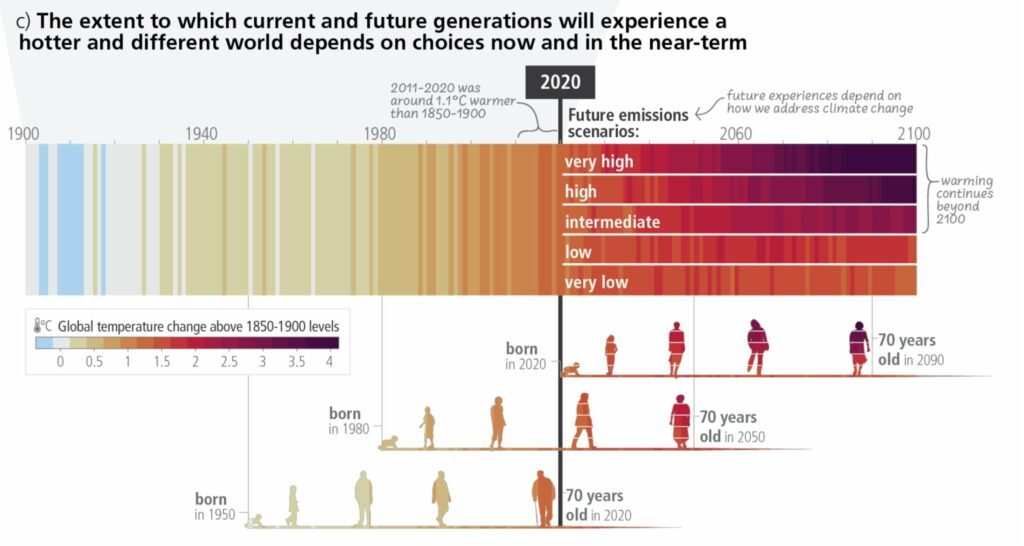
Indonesian Election and Intergenerational Climate Justice
Issues of intergenerational climate justice are also high in Indonesia. The nation has a young population, and in 2024, around half of registered voters were under the age of 40 and one-third under 30, according to the General Elections Commission. Meanwhile, Nirarta Samadhi, country director of World Resources Institute (WRI) Indonesia, says that today’s youth will be among those most impacted as the climate crisis escalates. Projections indicate a future of food and water insecurity, loss of biodiversity and economic opportunities and an increase in disease driven by climate change. “Indonesia’s next leaders must take climate issues as part of their key policies,” Samadhi added.
Public awareness of the impacts of climate change is strong in Indonesia, and as a result, youth-led climate activism is thriving. Young people are calling on the future government to act swiftly to address the problem that risks their future.
Indonesia’s Plans to Address Climate Change
Reducing emissions and adapting to the climate change impacts is vital to safeguard the lives and livelihoods of the Indonesian people. Equally important is protecting the nation’s rich and unique biodiversity, which is crucial for climate resilience, health and food security – as well as having global importance in absorbing carbon dioxide from the atmosphere.
So, with the imminent change of government, what does the future hold for climate action and justice in Indonesia? While outgoing President Joko Widodo has firmly reinforced the country’s ambition to reach net-zero emissions (NZE) by 2060 or sooner, the nations’ current climate policies are critically insufficient for a safe future, according to Climate Action Tracker (CAT). Additionally, Indonesia has failed to meet its renewable energy target for the past five years and plans to weaken its target for this decade. Moreover, despite the USD 20-billion Just Energy Transition Partnership (JETP) aiming to retire coal plants earlier than planned, the nation’s coal fleet is expanding, and its domestic emissions soared more than 20% in 2022.
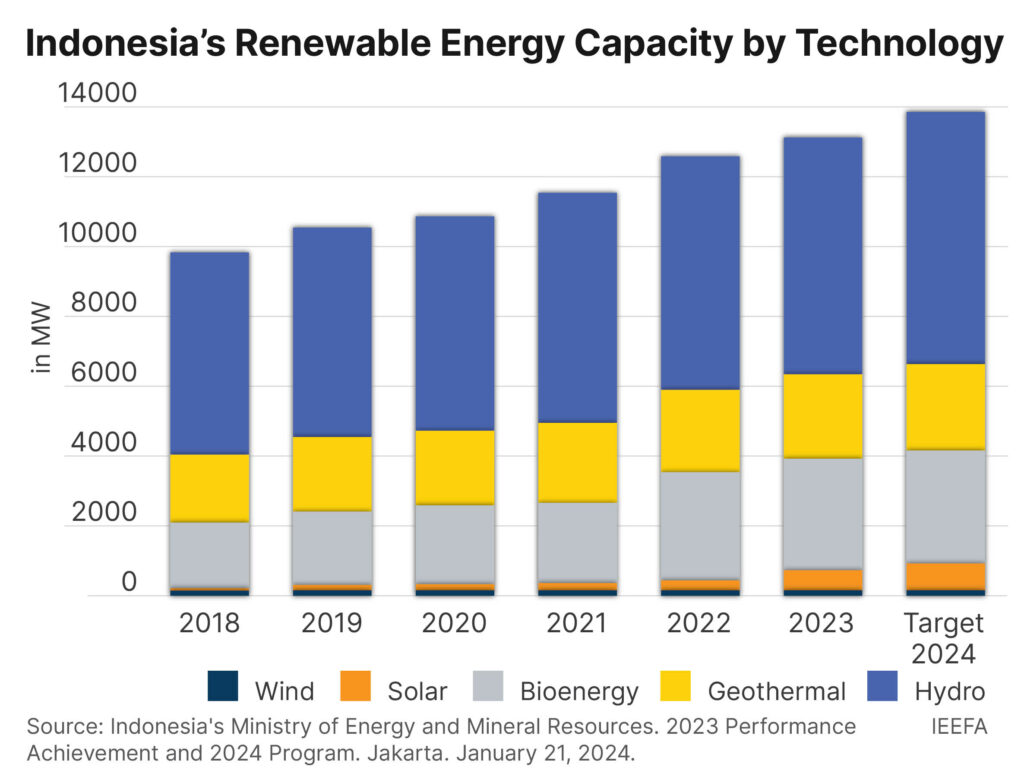
2024 Indonesian General Election: Accelerating Action for Climate Justice
It is therefore absolutely crucial for the next government to turn the tide, namely via decarbonising Indonesia’s fossil fuel-dominated power generation and safeguarding biodiversity. However, future ambitions are unclear. For example, while expected incoming president Prabowo Subianto supports the gradual transition from coal, his promise to produce more biofuels puts the nation’s vast and globally important forests at risk.
Alongside adaptation efforts – such as investing in climate-resilient food, water and ecosystem services – an acceleration towards clean energy generation will underpin Indonesia’s climate-safe future. Mutya Yustika, Indonesian energy finance specialist at the Institute for Energy Economics and Financial Analysis (IEEFA), explains that the incoming government must make “new and extra” efforts to propel this shift forward and reap its associated benefits. “The energy transition can create broad investment opportunities and widen job creation across the archipelago”, she said, adding that low-cost solar and wind are economically sustainable solutions to the crisis and can be rapidly deployed. “Collaboration between the government, private sector and civil society, along with robust policy frameworks, will be instrumental in overcoming these challenges and steering Indonesia toward an economically and environmentally sustainable net-zero future.”
Evelyn Smail
Writer, United Kingdom
Evelyn is a freelance writer and journalist specialising in climate science and policy, the just energy transition and the human impacts of climate change. She writes for independent publications, NGOs and environmental organisations. Evelyn has a background in sustainable development, climate justice and human rights.
Evelyn is a freelance writer and journalist specialising in climate science and policy, the just energy transition and the human impacts of climate change. She writes for independent publications, NGOs and environmental organisations. Evelyn has a background in sustainable development, climate justice and human rights.

